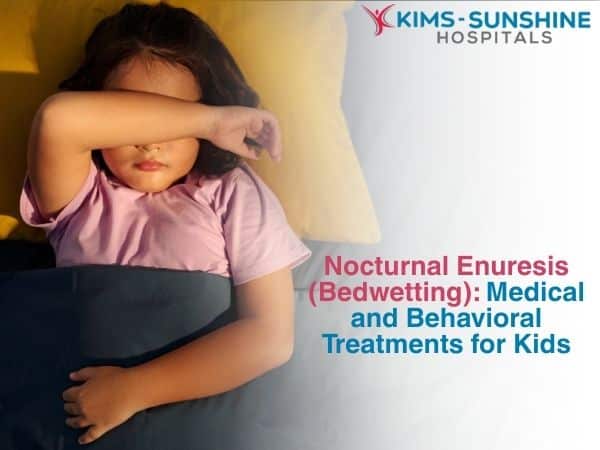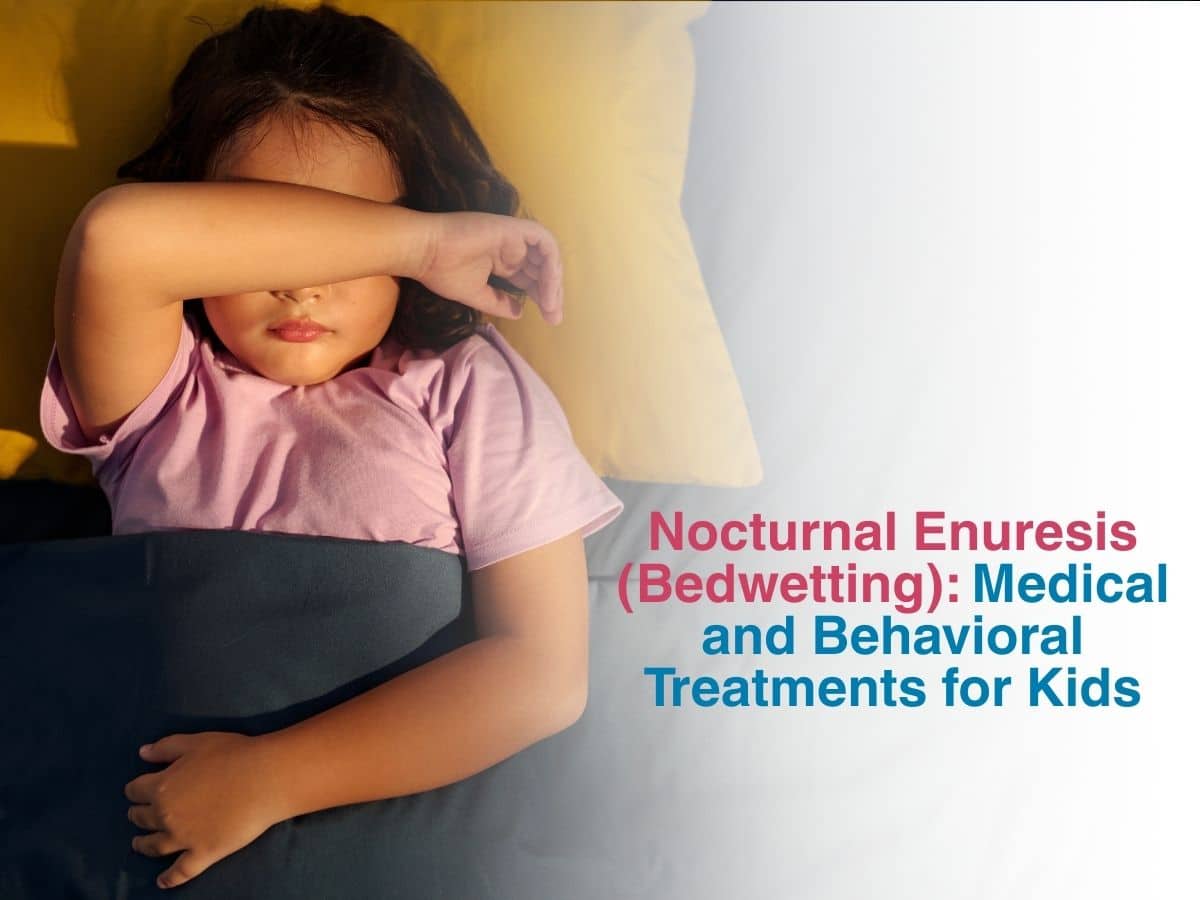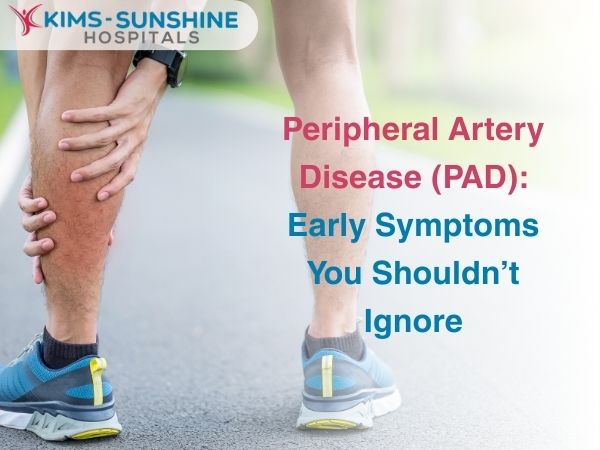
Nocturnal Enuresis (Bedwetting): Medical and Behavioral Treatments for Kids
Nocturnal enuresis, commonly called bedwetting, is the phenomenon when a child older than 5- years of age continues to wet their bed at night. If your child does this at least 2-3 times a week for over 3 months or even longer, then you will probably need to consider getting them looked at. Otherwise, bedwetting randomly should not be considered a serious issue. Bedwetting is a common problem with children, even if they have been toilet trained before. This can be attributed to the immaturity of their bladder walls.
Causes Of Bedwetting In Kids At Night
Some common causes of bedwetting include
- Tiny bladders in growing children
- The brain-bladder control pathway is not well established
- The amount of vasopressin is lower than necessary, which can mean an increase in the amounts of urine
- Diabetes can cause bedwetting in young children
- UTIs can also cause this issue at times
- Having neurological conditions can cause children to wet their beds too.
- Some kids may genuinely sleep too deeply and may not be able to get up in time to pee.
Behavioural Therapy For Nocturnal Enuresis
Some easy behavioural changes that can help include- not drinking too many fluids before bedtime, peeing before bed and using a bedwetting alarm- which can help kids understand when their bladders feel full and so they pee at that time. Bladder therapy can also be done, where you wait for small amounts of time before you go to pee, so that your bladder muscles gain better control.
Medications Used To Treat Nocturnal Enuresis
Some drugs that may be prescribed include
- Desmopression, which is a synthetic form of vasopressin, designed to produce less urine.
- Imipramine is used to enhance signals from the brain, so you know you have to pee because of a full bladder.
- Oxybutynin helps reduce bladder muscle contraction- this is helpful for kids who wet their beds during the day or many times at night.
- Other drugs help calm an overactive bladder.
Conclusion
The psychological effects of bedwetting on children have been well studied. It can cause them major embarrassment or they may feel ashamed and not want to go out for sleepovers. Some people may have medical issues like sickle cell disease or bladder or kidney related issues, which means bedwetting is a side effect of the underlying issue which needs to be addressed first. Bedwetting should not be too much of a concern in very young children but if they do so even during the day, often, then you may need to get them checked.







